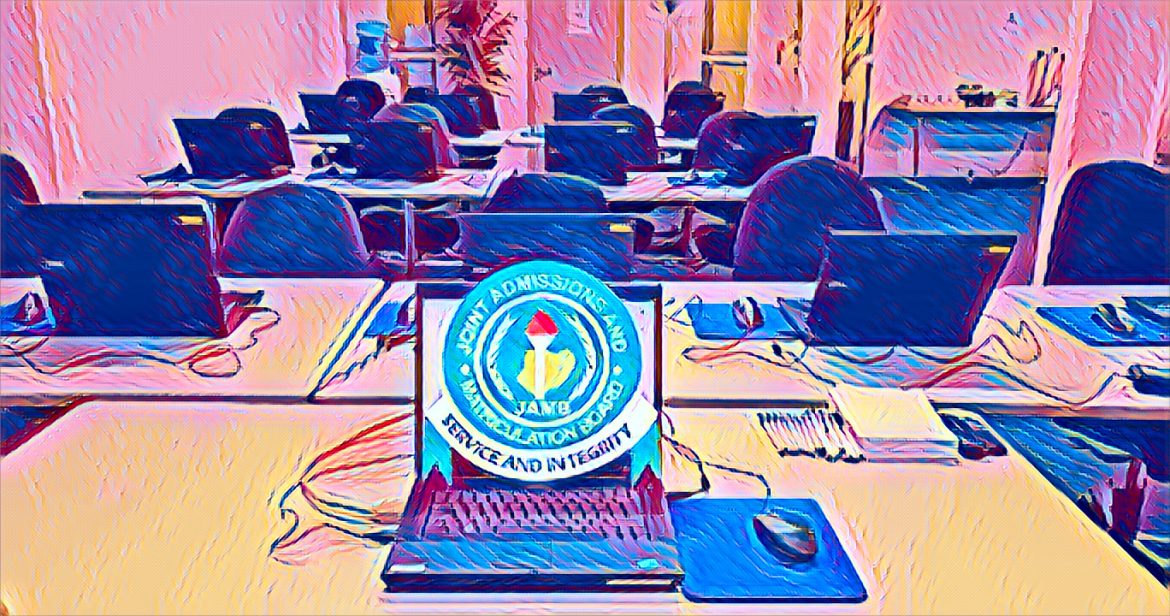During the 2024 Unified Tertiary Matriculation Examination (UTME), the Joint Admissions and Matriculation Board (JAMB) reported the arrest of two individuals, a father and his son, for alleged impersonation. This act was part of broader challenges that included cheating and the use of multiple National Identity Numbers (NINs) to undermine the examination process.
The arrests were made as JAMB disclosed that nearly 1.94 million candidates participated in the examinations nationwide, underlining the scale and importance of this standardized test which serves as a gateway to higher education in Nigeria. The incident, however, cast a shadow over the examination process, raising concerns about the integrity of candidates and the effectiveness of the systems in place to ensure fair testing.
JAMB Registrar, Prof. Ishaq Oloyede, while speaking to journalists after monitoring the exam at the Kaduna State University CBT Centre, highlighted the ongoing issue of impersonation in the examination process. He expressed dismay over the incidents of individuals possessing two NINs, which complicates the identity verification process—a crucial element for fair examinations.
The case of the father who impersonated his son to take the exam on his behalf was particularly striking. “We have a case of a father impersonating his son, writing an examination for the son and I wonder, are you not destroying your son’s future?” Prof. Oloyede questioned, emphasizing the moral and ethical implications of such actions. Both individuals involved in this act were detained, with their future and legal consequences to be determined.
The technology deployed by JAMB has been instrumental in detecting such frauds. According to Prof. Oloyede, this technological advantage allows the examination body to effectively catch cheaters, likening it to “picking them up like chicken now because the facilities are there for us to see what they are doing and to pick them up.”
Despite the challenges, the 2024 UTME has seen improvements in other areas, particularly in the conduct of parents during the exams. Unlike previous years, there were fewer reports of parental intrusion during the exam sessions, which contributed to a smoother conduct of the examination across various centers. This year, issues were only reported in one state where parents disrupted following a failed first session.
Moreover, the registrar took a firm stance regarding candidates who missed their examination due to non-systemic reasons, such as personal negligence or mismanagement by schools looking to profit from registration fees. He made it clear that JAMB would not allocate additional resources to accommodate re-sessions for such candidates, pointing out the financial impracticality of organizing separate sessions for a small number of students.
As the UTME wrapped up, with less than 100,000 candidates left to complete their exams primarily in Lagos, Makurdi, and a few other locations, JAMB is looking forward to further enhancing its operational and technological frameworks. These advancements aim to ensure that future examinations are not only efficient and fast but also fair and free from the malpractices that undermine the educational standards and principles of equity in Nigeria’s tertiary education system.


